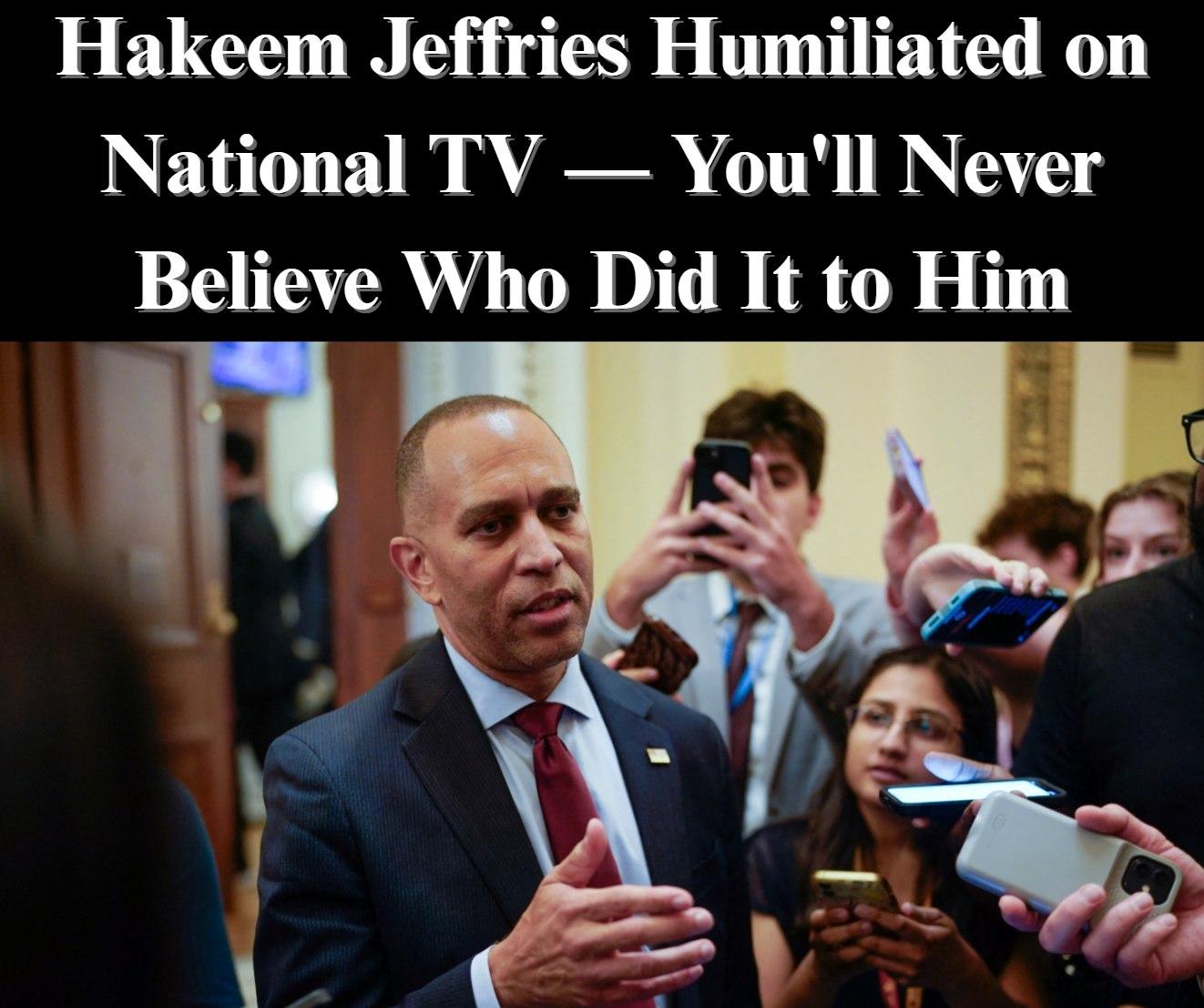This article may contain commentary
which reflects the author’s opinion.

House Minority Leader Hakeem Jeffries (D-N.Y.) refused to address a claim made by leading New York City Democratic mayoral candidate Zohran Mamdani on his college application years ago regarding his ethnicity.
Jeffries joined Rev. Al Sharpton on MSNBC’s “PoliticsNation” Saturday to discuss Democratic mayoral candidate Mamdani, the self-described democratic socialist who defeated former Democratic Gov. Andrew Cuomo for the party’s nomination. Jeffries had previously criticized Mamdani over past comments about Israel and Palestine, calling them “unacceptable.”
The discussion followed a New York Times report Thursday that revealed, based on hacked records, Mamdani identified himself as both “Black or African American” and “Asian” in his 2009 college application to Columbia University. Mamdani, who was born in Uganda to Indian parents, told the paper in an interview that, “he did not consider himself either Black or African American, but rather ‘an American who was born in Africa.’”
“He said his answers on the college application were an attempt to represent his complex background given the limited choices before him, not to gain an upper hand in the admissions process,” the article states.
Advertisement
After the publication of that article, a video from April of this year went viral featuring comments from the candidate on that specific type of identification.
A New York performance artist and ambush interviewer who goes by the handle “Crackhead Barney” asked Mamdani: “Would you claim the African- American status like Elon Musk?”
“No, I would not claim that status,” Mamdani replied.
The artist pressed him, asking “Why not? You’re African, but you’re an African, right? I know you grew up there.”
“I’m proud to be Ugandan, but I think that that is misleading,” Mamdani said then.
Meanwhile, New York City Mayor Eric Adams, who is African-American, condemned his opponent’s past actions in a statement, calling them “an insult to every student who got into college the right way.”
“The African American identity is not a check-box of convenience,” Adams said in the statement. “It’s a history, a struggle, and a lived experience. For someone to exploit that for personal gain is deeply offensive.”
In addition, Cuomo’s team put out a statement through spokesman Rich Azzopardi: “This should come as no surprise as Mamdani, his proposals, his funding, and his background received absolutely no scrutiny from the press.”
“This issue must be fully investigated because, if true, it could be fraud and just the tip of the iceberg,” Azzopardi added.
Sharpton broached the subject during his interview with Jeffries after wrongly framing it as an attack by Adams before asking the minority leader for his take.
“New York City Mayor Eric Adams is attacking Mamdani over reports that he identified himself as African-American and Asian on college application. Mamdani was born in Uganda, his parents from India. What are your thoughts on this issue? Mamdani has checked multiple boxes trying to capture what he calls the fullness of his background,” Sharpton said. “I mean, is this a real issue to you?”
Instead of addressing the substance of the story, the criticisms, or the ethics of publishing material obtained by a politically motivated hacker, Jeffries sidestepped the issue entirely—repeating the same generic response he’s relied on throughout Mamdani’s string of controversies.
“I think to me, you know, the issue that we have to deal with in New York City, which our Democratic nominee did talk about extensively during the primary campaign, is affordability,” Jeffries said. “And particularly in many of the neighborhoods that are being overwhelmed by gentrification and wiped out by housing displacement.
“Uh, that whoever’s going to be the next mayor of the City of New York really needs to articulate a concrete plan for making sure that working-class communities, including working-class neighborhoods of color, can still have a place in our great city,” he continued. “The city that both of us love, but we know is changing significantly in terms of the opportunity for working families and middle-class folks to be able to continue to call at home.”




